Newsletter No.1 
August 30, 2024 Established in 2024, Unwed Mothers Initiative for Archiving and Advocacy (UMI4AA) is a non-profit organization dedicated to advancing research and advocacy for unwed mothers and their children. UMI4AA aims to bring together a community of scholars and advocates committed to reframing the dominant narrative, which often views unwed mothers primarily as welfare recipients, by illuminating their histories, lived experiences, and representations through a human rights perspective. Our work focuses critically examining how social stigma toward unwed motherhood has been historically constructed, interpreted, and politicized. By fostering a comprehensive archive and encouraging new dialogues, we seek to generate new discourse and insights into unwed motherhood as a subject of both academic inquiry and social justice. We invite all who are committed to archiving, advocacy, and advancing the rights of unwed mothers and their children to join us in this vital endeavor. 
Greetings! Since the Korean War, over 200,000 Korean infants have been adopted internationally, with the actual figure considerably higher when accounting for domestic and closed adoptions. In the early stages of international adoption, the majority of children sent abroad were of mixed race. Alarmingly, even those being raised by their mothers were often placed for adoption solely due to their mixed heritage. By the 1970s, as Korea experienced economic growth, the nuclear family model became increasingly idealized, reinforcing the stigmatization of unwed mothers. Consequently, the focus of adoption shifted from mixed-race children to the children of unwed mothers. Furthermore, as adoption fees became a lucrative source of revenue, babies of unwed mothers, children from impoverished families, and lost children from the streets were labeled as “orphans” and forcibly removed from their families of origin. Throughout the 1970s and 1980s, these children were placed into both domestic and international adoptions, resulting in their widespread separation from their birth families. 
Now Accepting Applications for the 1st UMI4AA Seminar Series! Unwed Mothers Initiative for Archiving and Advocacy (UMI4AA) is pleased to announce the launch of its first seminar series, consisting of six sessions. The topic of “unwed mothers” opens avenues to discuss intersecting themes including minority representation, otherness, motherhood and the experience of de-motherization, diverse family structures, adoption systems and practices, the rights of mixed-race children and children born outside traditional marriage, issues of stigma and poverty, diaspora, Christianity, and even historical and contemporary discussions around eugenics. UMI4AA warmly invites scholars, students, and community members interested in these themes to join our monthly discussions, where we will explore the topics through a curated list of academic readings and references. 
[UMI4AA Archiving Activities]
March 17, 1970 Path to Adoption for Illegitimate Children Guidance for unwed mothers on parental rights relinquishment; Early notice eases delivery and foster placement Since its founding in 1967, the Christian Adoption Program of Korea (CAPK) has led efforts to find homes for orphans and abandoned children. In March, CAPK welcomed Sidney Beimar, a 28-year-old Canadian expert in adoption counseling, to expand initiatives supporting unwed mothers and their children. Beimar, who arrived in Seoul on March 12, will be overseeing a counseling program to guide unwed mothers through the process of relinquishing parental rights. With a wealth of experience in adoption practices, Beimar also plans to work closely with CAPK to help launch a comprehensive effort to place children born out of wedlock with caring families. 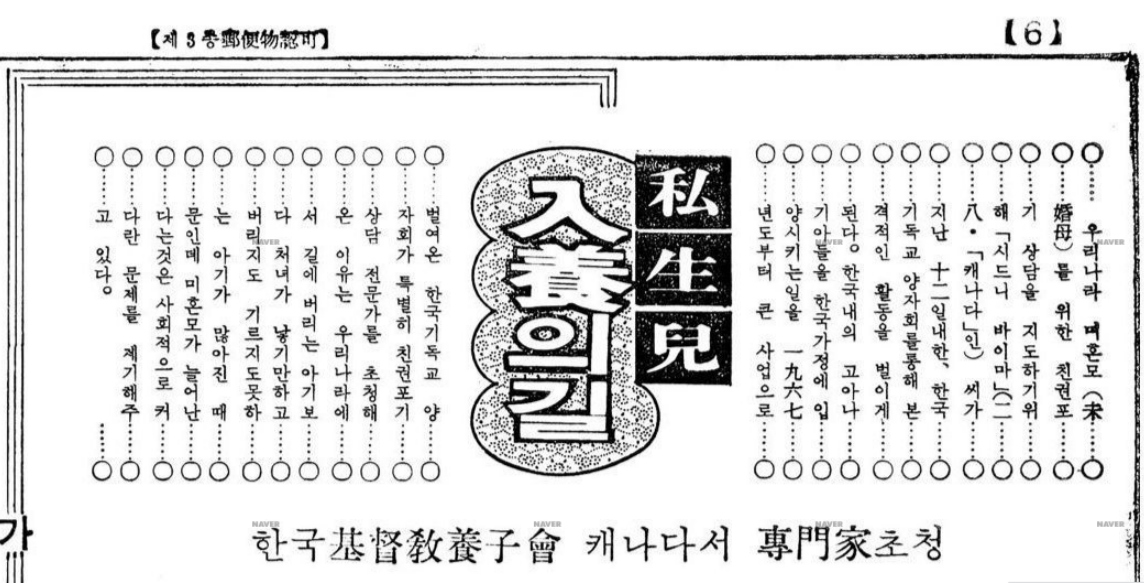
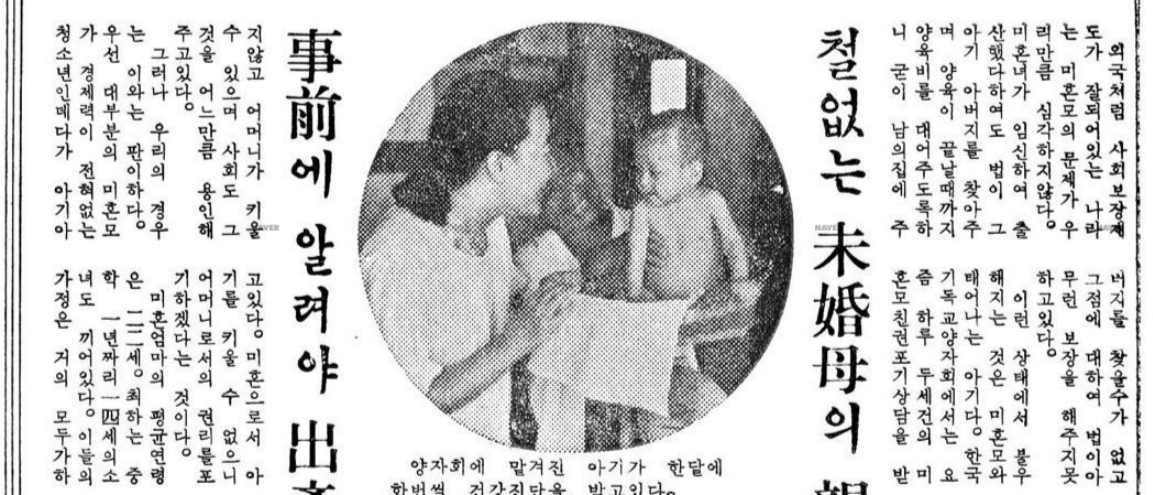
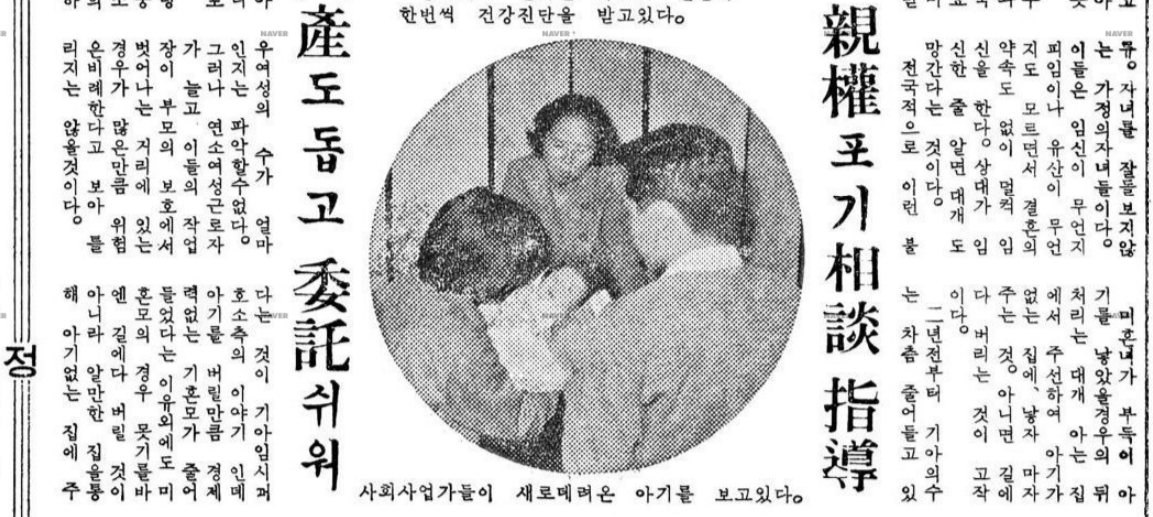



UMI4AA Advocacy One month into South Korea’s Protected Birth Bill: the Smiles and the Tears Any mother may face a crisis when safe options for pregnancy, birth, and childcare support are out of reach August 19, 2024 Last month, South Korea implemented a sweeping new policy aimed at supporting mothers facing severe economic, psychological, and physical challenges. The Protected Birth Bill, launched on July 19, allows women in crisis to give birth anonymously, a measure touted as a way to “improve the welfare of both biological parents and their children” (Article 1, Special Act on Support for Crisis Pregnancies, Anonymous Births, and Child Protection). Yet, just a month in, it’s becoming clear that bill’s promises come with significant trade-offs. So, who truly benefits from this policy, and who risks being left behind? 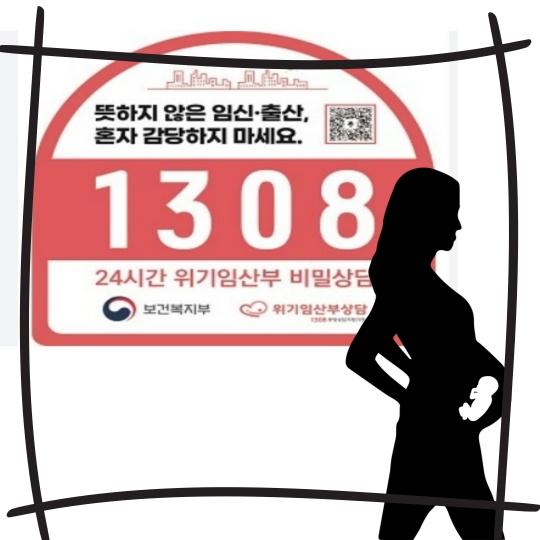
UMI4AA Issues What are your views on South Korea's Protected Birth Bill? 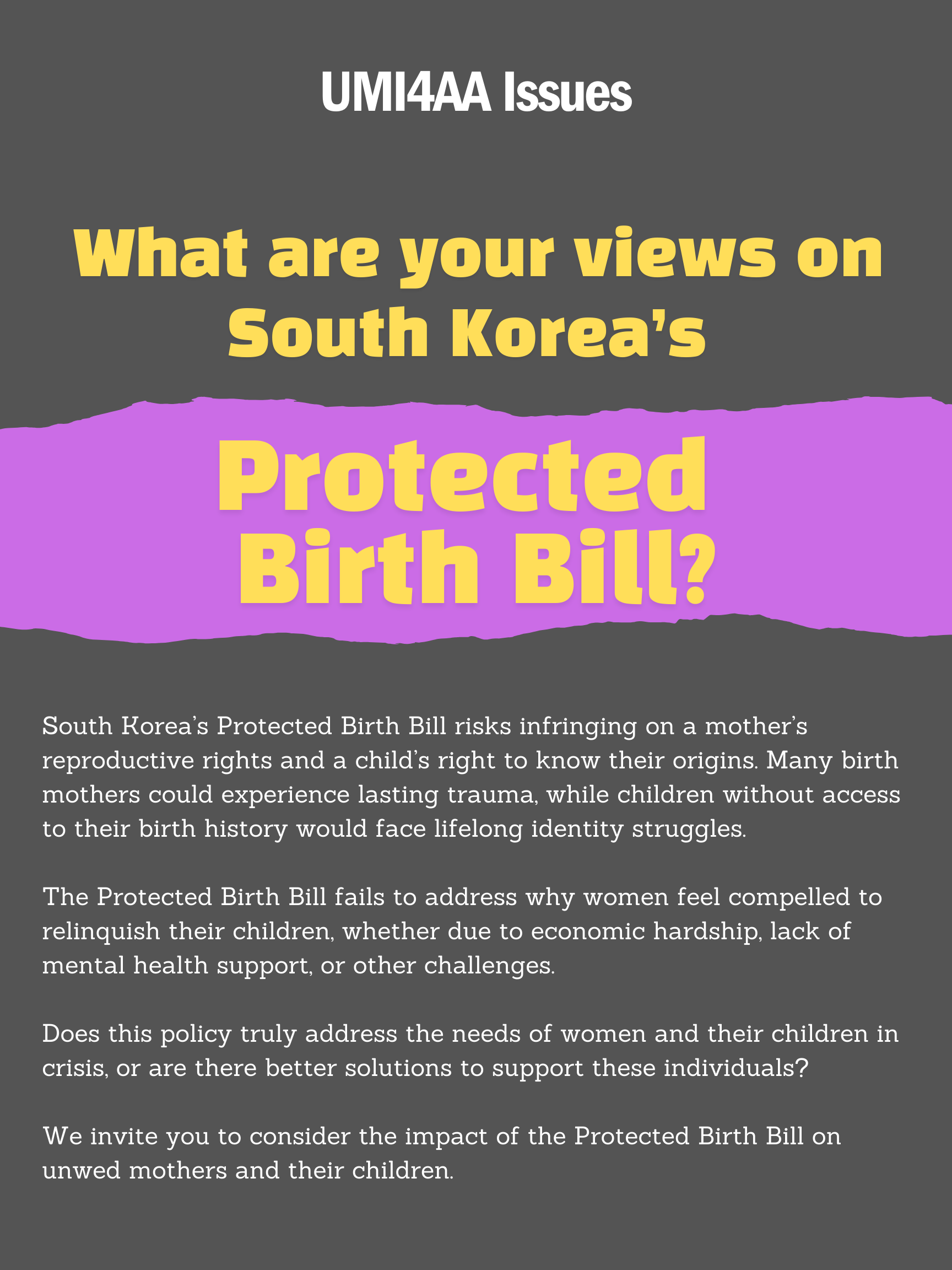

Unwed Mothers Initiative for Archiving and Advocacy (UMI4AA) (+82)-31-772-8639 umi4aa@gmail.com

| 